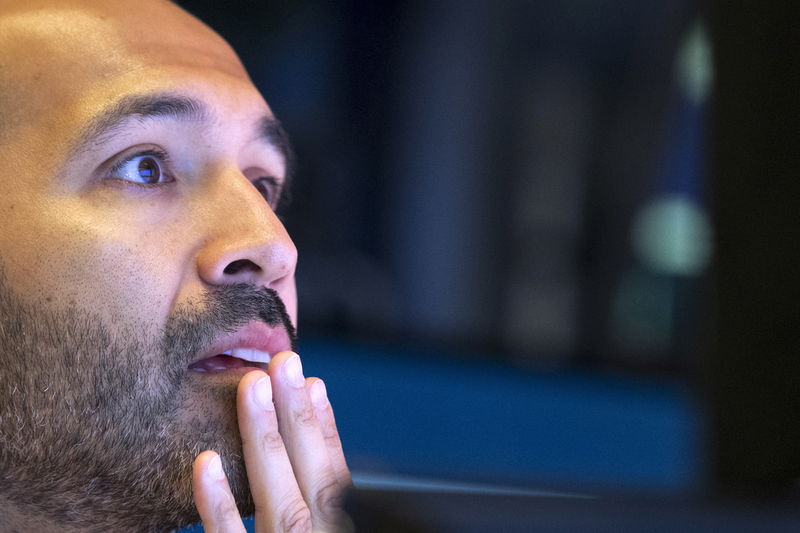STOCKHOLM (Reuters) -Swedish steelmaker SSAB will invest 4.5 billion euros ($4.83 billion) in building a fossil-free mini-mill in Lulea, Sweden, the company said on Tuesday, more than previously expected as inflation and higher contingencies added to costs.
The company's shares fell 5.3% by 0926 GMT.
SSAB, the biggest carbon emitter in both Sweden and Finland, says the project will ultimately have a positive impact on emissions and earnings.
"The new mini-mill will have a better cost position with lower fixed costs, higher efficiency, shorter lead times and eliminated CO2 costs," SSAB said in a statement.
It will close the current blast furnace-based production system once the new mill is completed, enabling a 7% reduction of Sweden's total CO2 emissions, it said.
The start-up of the mill, which will have an annual capacity of 2.5 million metric tons, is expected by the end of 2028 with full capacity one year later.
The company estimated the yearly improvement on earnings before interest, tax, depreciation and amortisation (EBITDA) would be more than 5 billion Swedish crowns based on current commodity price forecasts.
SSAB last year said it aimed to boost its annual profit by at least 10 billion crowns from 2030 onwards as it shifts to carbon-free metals production.
SSAB previously guided for costs of around 4.5 billion euros for the company's entire decarbonisation transformation, which also included a mini-mill in Finland.
"Today's announcement presents material upside risk to the total envelope," JPMorgan (NYSE:JPM) wrote in an analyst note.
SSAB said the timing of the plant in Raahe, Finland would depend on the financing and execution capacity, as well as learnings from the Lulea project.
The company's transformation of its Oxelosund mill to cut emissions was proceeding as planned, SSAB said.
($1 = 0.9320 euros)
($1 = 10.7991 Swedish crowns)
